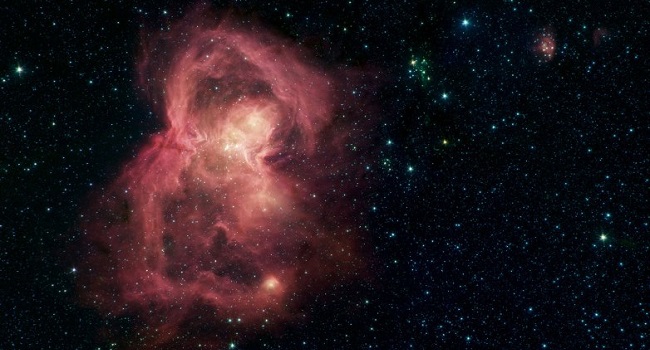Tech
NASA spots core where new stars are born

American space agency NASA has captured a gorgeous image of a place where new stars are born.
NASA affectionately calls it a “Space Butterfly,” but in reality it’s a pair of massive gas clouds. Its official name is Westerhout 40 (W40), and it’s a nebula. W40 and nebulas like it are massive pockets of space where material like gas and stardust begins to coalesce into new objects like stars.
“Besides being beautiful, W40 exemplifies how the formation of stars results in the destruction of the very clouds that helped create them,” NASA’s JPL explains. “Inside giant clouds of gas and dust in space, the force of gravity pulls material together into dense clumps.
Read also: EU backs copyright reforms targeted at Facebook, Google
Sometimes these clumps reach a critical density that allows stars to form at their cores.”
Nebulas are like star nurseries, but stars also die here. In fact, the massive “wings” of the space butterfly — made up of gas and other material — were blown into space by stellar explosions. In this case, a star cluster in the center of the two large bubbles is responsible for the colorful clouds of W40, and that material that was once star matter is well on its way to becoming new stars again.
The image was captured using NASA’s Spitzer Space Telescope. It’s a remarkably detailed image considering the nebula is some 1,400 light years away from Earth.
The single image seen here is a composite of four individual photos snapped using the telescope’s infrared camera.
Join the conversation
Support Ripples Nigeria, hold up solutions journalism
Balanced, fearless journalism driven by data comes at huge financial costs.
As a media platform, we hold leadership accountable and will not trade the right to press freedom and free speech for a piece of cake.
If you like what we do, and are ready to uphold solutions journalism, kindly donate to the Ripples Nigeria cause.
Your support would help to ensure that citizens and institutions continue to have free access to credible and reliable information for societal development.
























